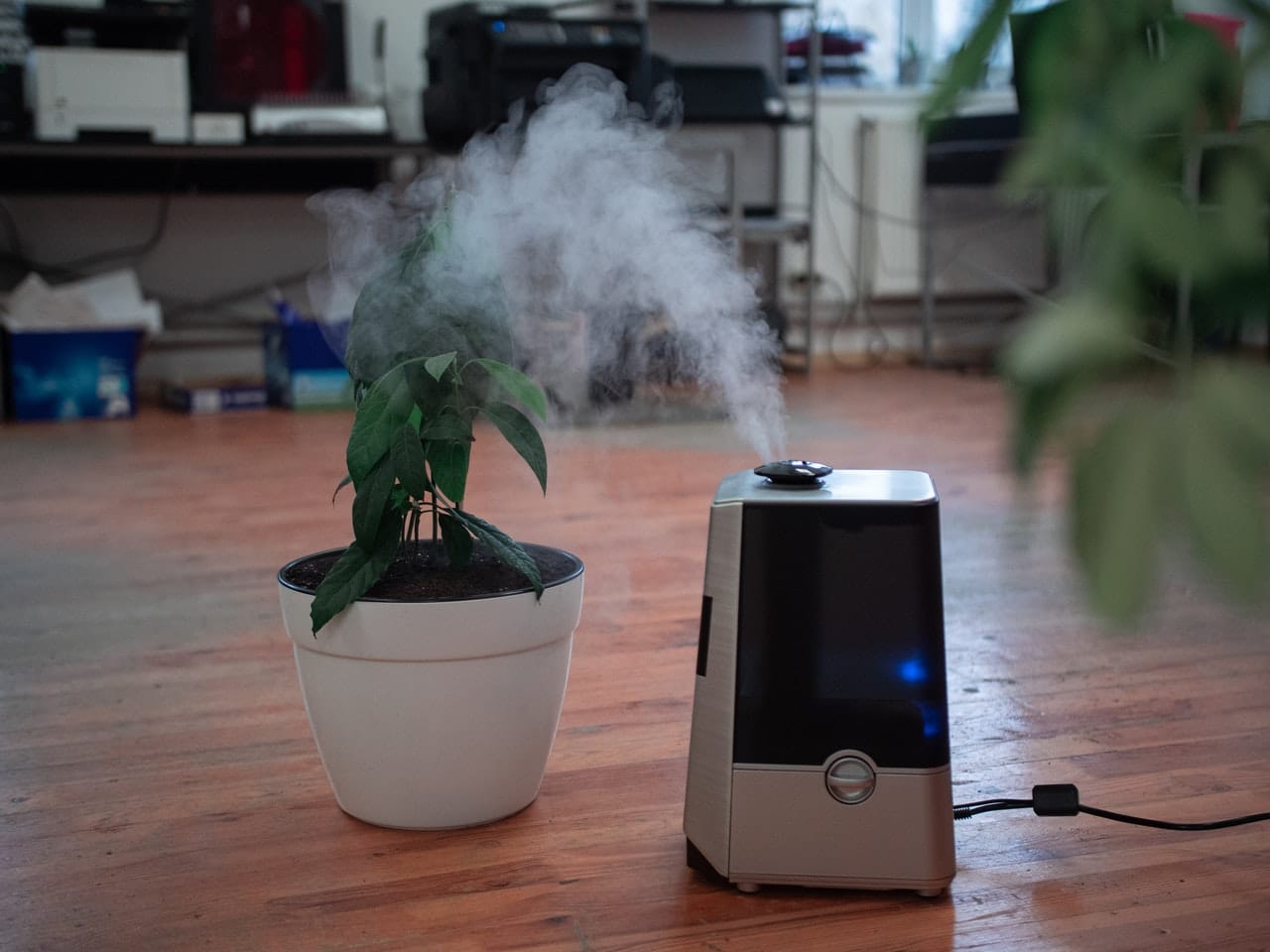Do air purifiers work? This is probably on anyone’s mind when they set out to buy a device designed to reduce or remove contaminants in the air in a given space. Using air purifiers improves the air quality, which technically makes it healthier for a person to stay in the room.
Air purifiers are often touted as being beneficial to people who suffer from different allergies. The most commonly found allergens in homes include the following: chitin particles from segments, insect waste, house dust, library dust, archival dust, pollen, fungal spores, and various byproducts of fungal activity or presence.
Commercial-grade air purifiers are typically designed as standalone units.
These machines can operate independently or are associated with air handler units or even HVAC units for homes. Air purifying units are used in residential homes, industrial spaces, and commercial spaces. Many people are now thinking of buying air purifies because of the COVID-19 pandemic. But do these machines truly work? Can an air purifier aid in reducing the transmission of COVID-19 if it is installed to filter the air?
Do Air Purifiers Reduce Dust? Do Air Purifiers Remove Dust?
You may have been thinking of using an air purifier for dust because dust is probably the number one airborne irritant in the world. Air purifiers come with what is called HEPA filters. HEPA filters are designed to remove particulates or tiny particles from the air. What air purifiers do is they essentially pull these particles out of the air using fundamental physics. Air purifier dust removal became better developed after the 1940s when scientists developed HEPA filters. These filters had been essentially designed to help shield American soldiers from the effects of radiation. The main objective failed, but the scientists realized that their newly constructed filter has other equally essential uses. They discovered that HEPA filters could be used to control the air quality of indoor spaces. HEPA filters remove not just dust but also other indoor air pollutants.
From this technology, manufacturers jumped in on the chance of creating ideal commercial, residential air filtering units. Commercial air purifiers all perform essentially the same task, but they are marketed by brands differently. Not all air filters are equal. US standards for HEPA filter set the bar very high. Certified HEPA filters must be able to remove 99.97% of particulates it comes into contact with.
Do Air Purifiers Remove Dust Mites?
Air purifiers can remove dust mites and their associated waste from the air. One of the biggest reasons why dust mites are terrible for homes with asthma and other respiratory issues is you are not just dealing with the mites – you will also have to deal with chitin (the fragments of dead and shedding dust mites) and excretions from the inspections.
Dust mites (and all they bring with them) cause chronic wheezing and sneezing spells. If you have been keeping your home as clean as possible, but your loved ones are still suffering from these allergic spells, then you may want to have air purifiers installed at home. Keep in mind that the number of air purifier units that mainly depend on your house’s size. The larger house, the more units that you will need.
Keep in mind that constant and continuous exposure to dust mites can trigger allergic events, making it harder for people to avoid asthmatic episodes. Asthmatic episodes can be dangerous, especially for children.
Can an Air Purifier Help with COVID?
Make no mistake: activating and running an air purifier can help improve your family’s health at any time. Commercial-grade air purifiers are effective in removing allergens floating in the air. Additionally, it can also take care of fumes from cooking and the cleaning agents you use daily.
However, can these machines truly help with stamping out human pathogens like the coronavirus? Here’s what we found out from the experts. Firstly, air purifiers may not serve to be your primary defense against COVID-19. The thing about viruses is that they produce tiny, microscopic fragments that can travel to the ground and float in the air. Some studies show that the virus can do this, like other viruses.
Before you run to buy an air purifier, know that it might not be an ideal barrier against COVID. Does this mean that you utilize this technology at all? Air purifiers can help with preventing COVID infections in certain situations. For example, if you live with a healthcare worker under suspicion of being infected with COVID-19, the air purifier can help protect other people in the same area.
It reduces the chances of infection, but it does not offer 100% protection against the virus. If you want better protection, the solution is distancing yourself from the infected or potentially infected person and wear the appropriate mask. The same guiding principle applies to a person who might be infected. Do not rely on an air purification system to protect those around you. Wear a surgical mask and physically isolate yourself from others.
There is no hard evidence yet that air purifiers of any kind can decrease the coronavirus’s spread. Back when the SARS virus wreaked havoc in Hong Kong, the health authority in Hong Kong recommended the use of commercial air purifiers in hospitals to reduce the transmission of the virus. These were used in a specific situation: when there are SARS patients about, but isolation wards were not available. The air purifiers were essentially used to create virtual isolation wards by taking control of the air quality of individual rooms with SARS patients.

